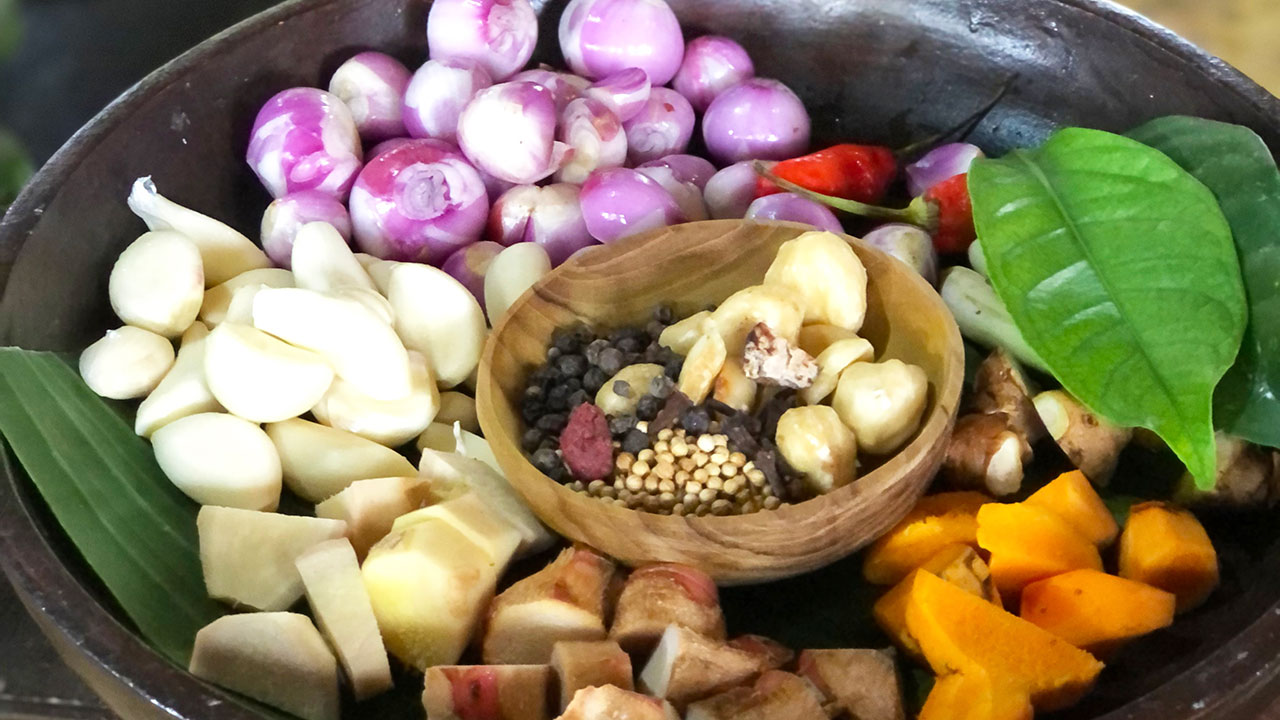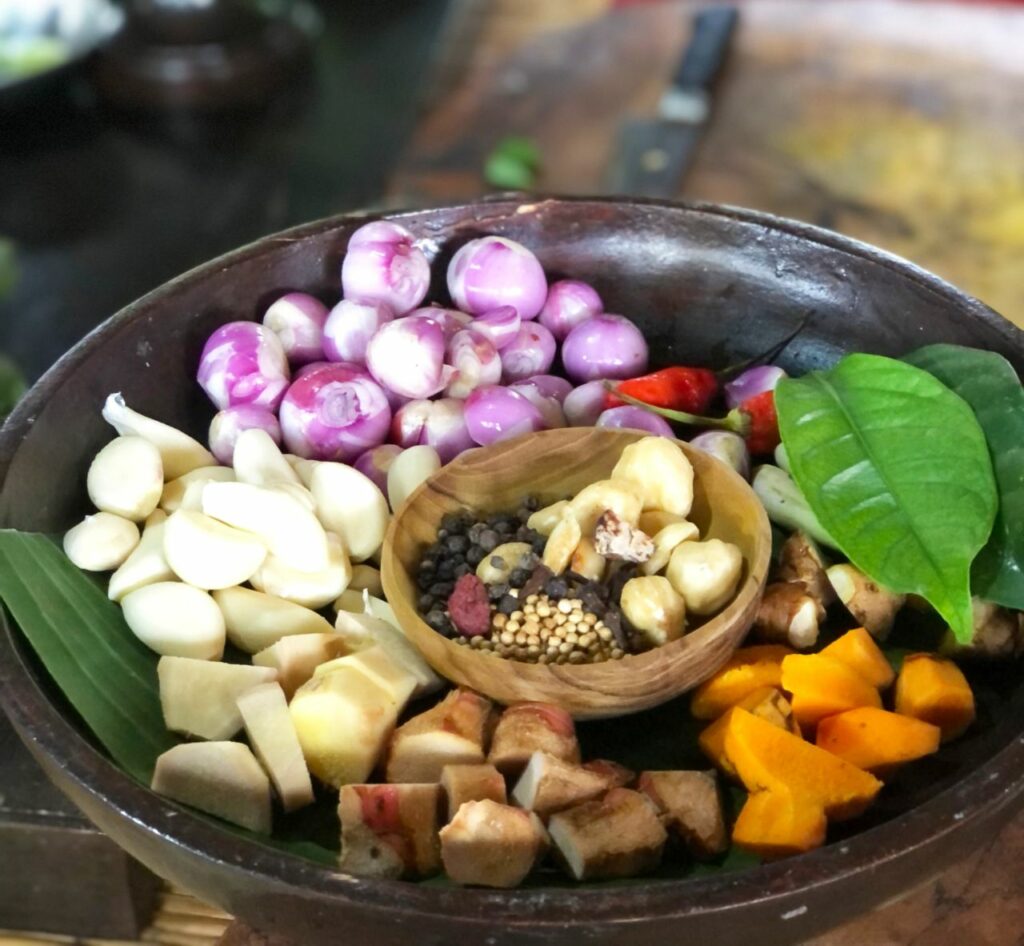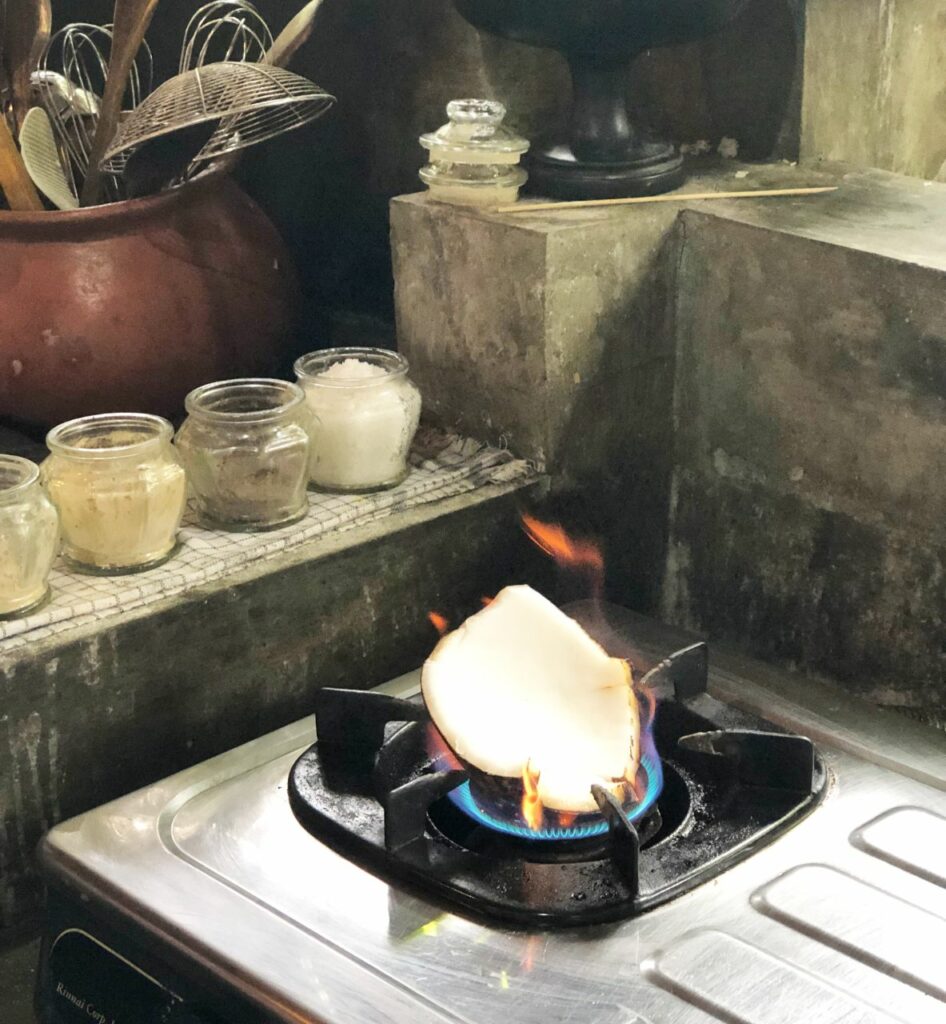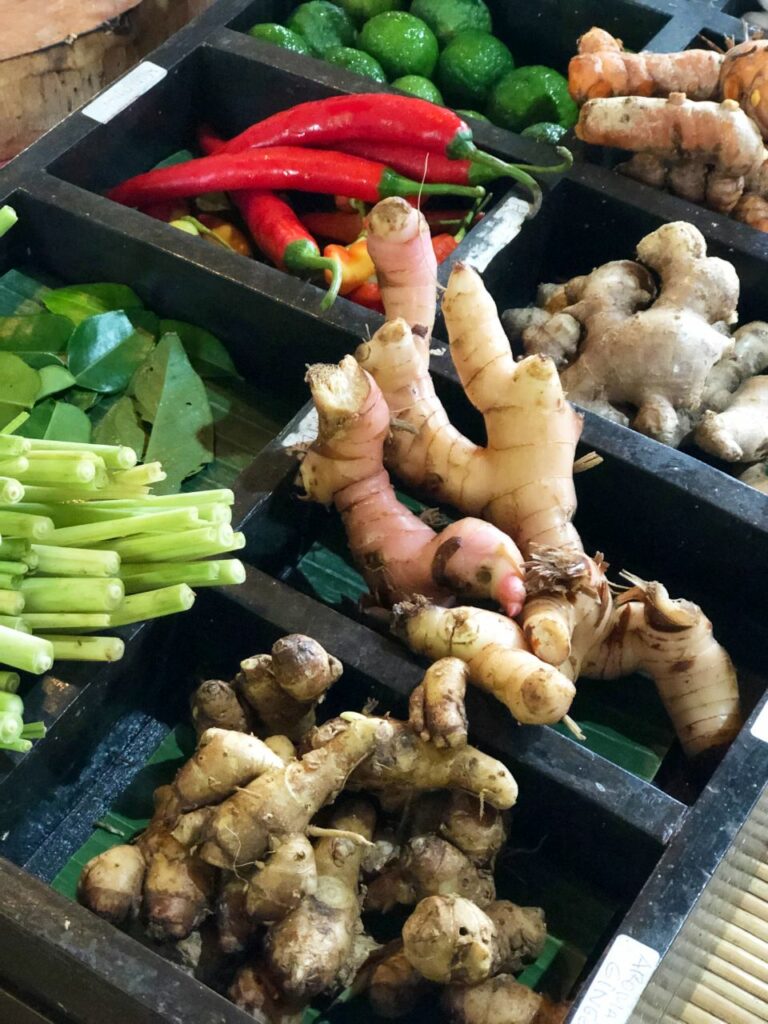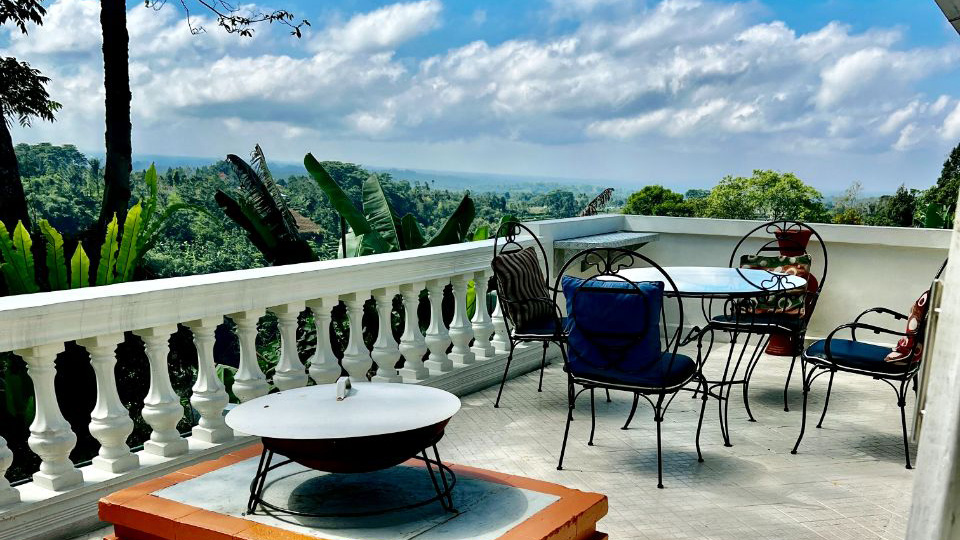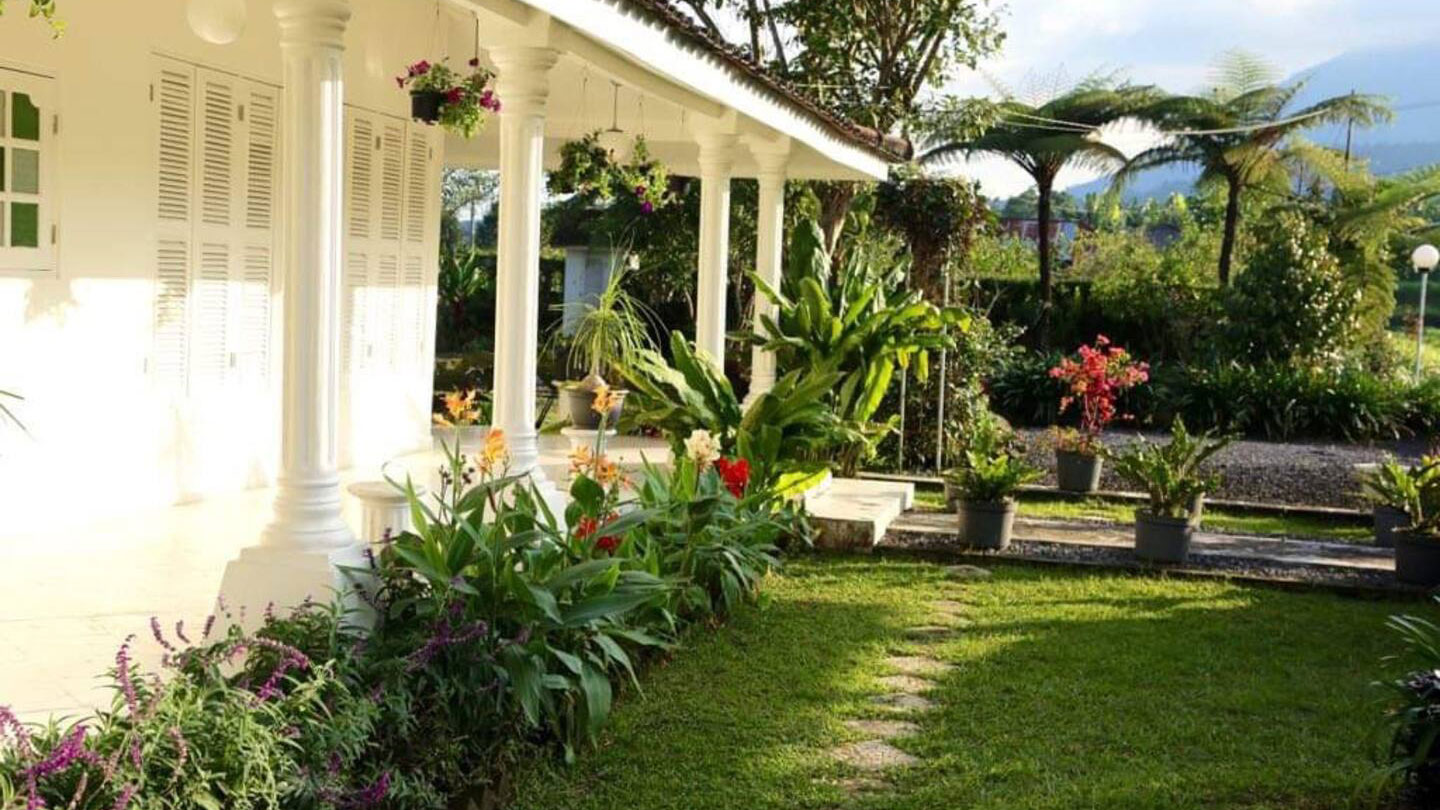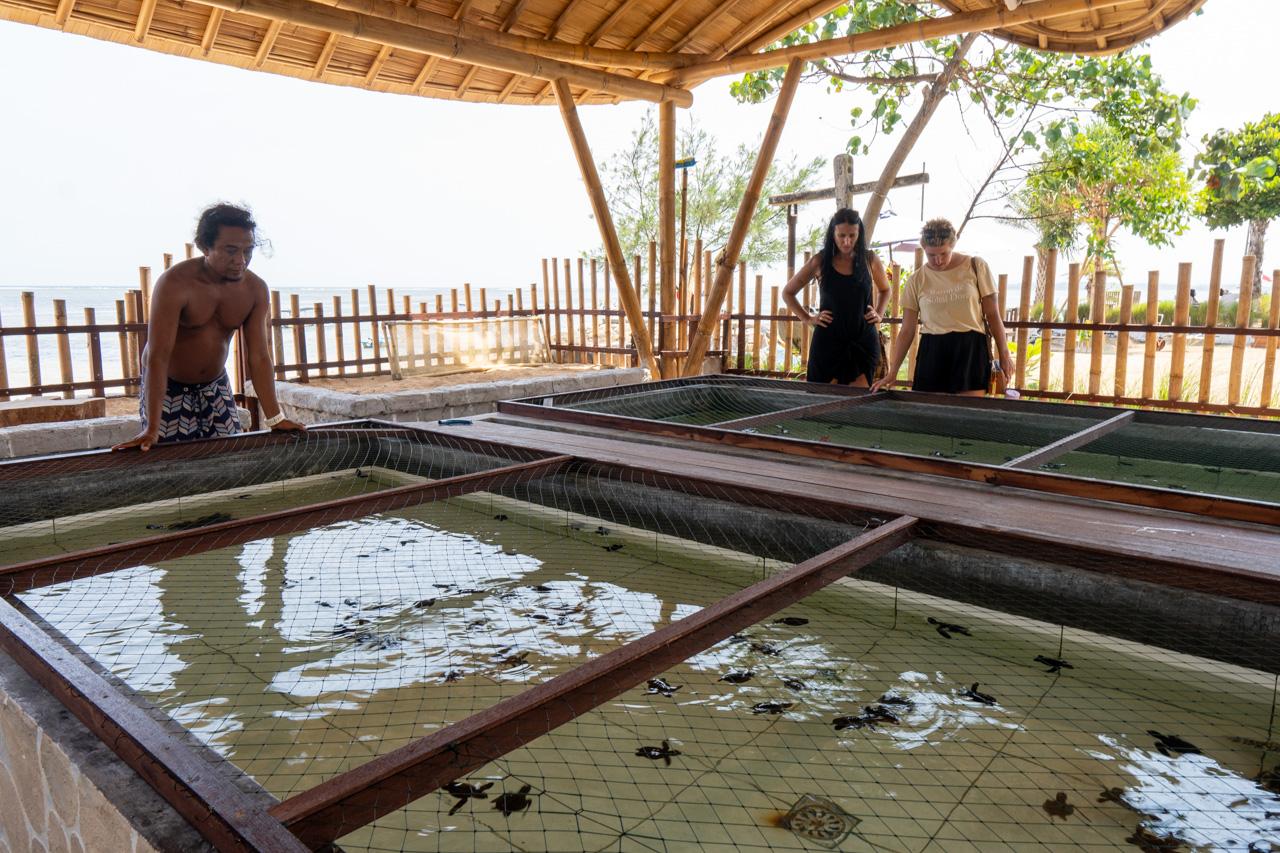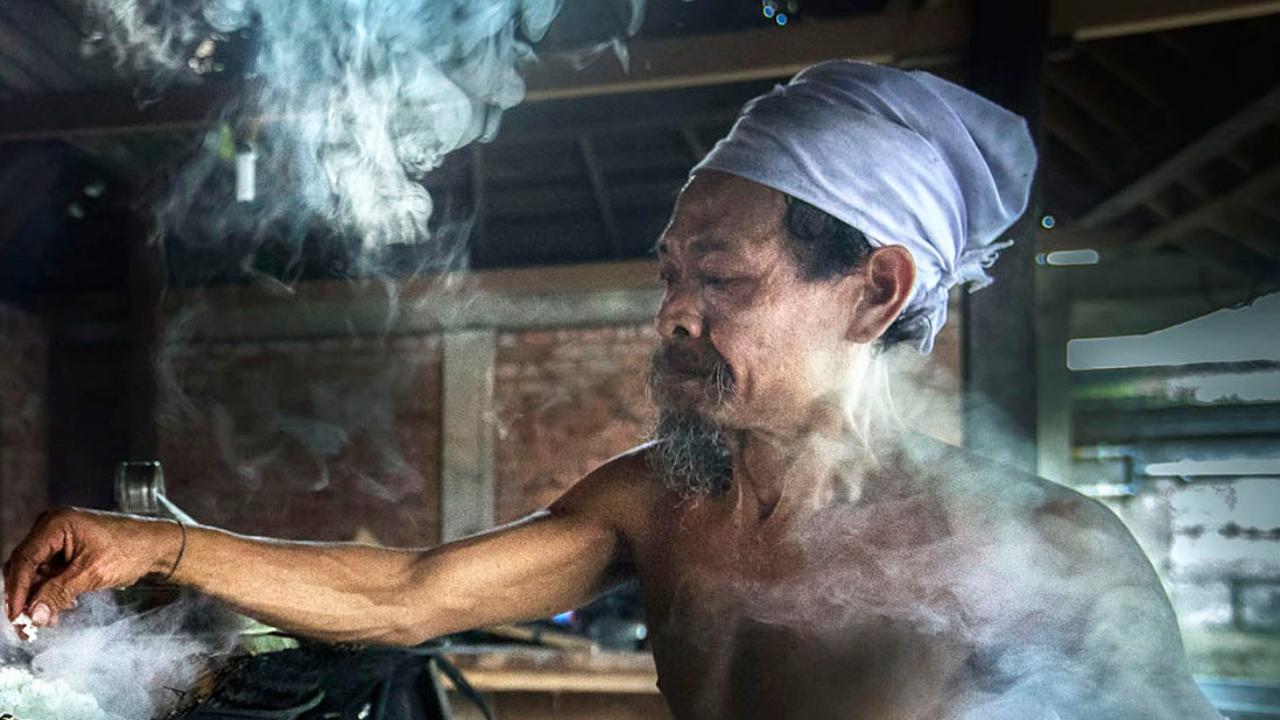Many dishes are prepared using traditional techniques, such as grilling, steaming, and deep-frying. Balinese food is known for its complex flavours, owing to the use of spices like turmeric, ginger, lemongrass, and coriander.
Balinese food is also considered as a form of healing. Many traditional dishes are prepared with herbs and spices known for their therapeutic properties, and each ingredient has its unique purpose in improving overall health and well-being.
Therapeutic Properties of Balinese Spices
Kencur (also known as aromatic ginger), ginger, galangal, and turmeric are common ingredients in Balinese spice blends. Together, they create a complex and fragrant taste that is synonymous with the cuisine of Bali. Each of these spices has a unique flavour profile that contributes to the overall taste of the dish. Kencur has a warm, earthy flavor, while ginger has a zesty, slightly sweet taste. Galangal is aromatic and slightly bitter, while turmeric adds a bright, complex flavour and vibrant yellow color to the dish. When combined, these spices create a harmony of flavours that is unique to Balinese cuisine and is enjoyed by locals and visitors alike.
The spices are also used in traditional medicine and are believed to have healing properties. For example, ginger is an anti-inflammatory, which means it reduces swelling. Aromatic ginger (kencur) helps boost immunity, fight inflammation, improve digestion, while garlic is an all over medicine. Currently, garlic is most commonly promoted as a dietary supplement for conditions related to the heart and blood vessels, including high blood cholesterol and high blood pressure. And, many now believe that chili fires up metabolism, could kill germs, and is also thought to be good for blood circulation.
Traditional Drinks
As interesting as the food, there is a traditional herbal drink called loloh, made from various mixture of herbs and spices, including lemongrass, ginger, turmeric, tamarind, honey, and coconut water. It is believed to have medicinal properties and is often consumed for its health benefits. Loloh is commonly served in Bali’s temple ceremonies and is also sold by local street vendors.
Loloh cemcem is another kind of loloh made from cemcem leaves or commonly called wild kedondong, pounded or blended until crushed, filtered to get the juices. The leaf extract is then mixed again with water and the rujak seasoning which has been boiled. This drink has a unique taste, a collection of sour, salty, sweet, spicy, and also a little astringent.
Taste Balance
Chef Mudana believes in the taste balance – sweet, sour, salty, spicy and bitter – as it represents balance and harmony in life. Sweetness in food does not have to be always attained by adding sugar, but the usage of shallot can replace sugar.
Food and Offerings
The Balinese people have a unique tradition of offering food to God before consuming it. The offerings are made to show gratitude and respect to God for providing them with food. This simple offering is done by placing a small portion of each type of food that is being consumed on the tray or plate, or simply put aside on the edge of the serving plate. This tradition is not only practiced before meals at home, but also in restaurants and whereever else the Balinese travel. It is a beautiful and meaningful way to practice gratitude and mindfulness before eating.
The food philosophy in Bali focuses on the inter-connectivity between people, nature, and spirituality. By embracing local, seasonal ingredients and traditional cooking methods, Balinese cuisine seeks to promote harmony with the body, mind, and environment.
To our friend Chef Mudana, thank you for sharing your cooking knowledge and expertise. It’s so inspiring to have someone like you in the community who shares passion for cooking, understanding culture, and generously sharing tips and tricks in cooking. You and your team make a cooking class so much fun, especially enjoying a delicious and exquisite meal together.
Website https://www.cookingclasssanur.com/p/chef-mudana-sanur-cooking-class.html
IG https://www.instagram.com/chefmudana/
FB https://www.facebook.com/chefmudana
